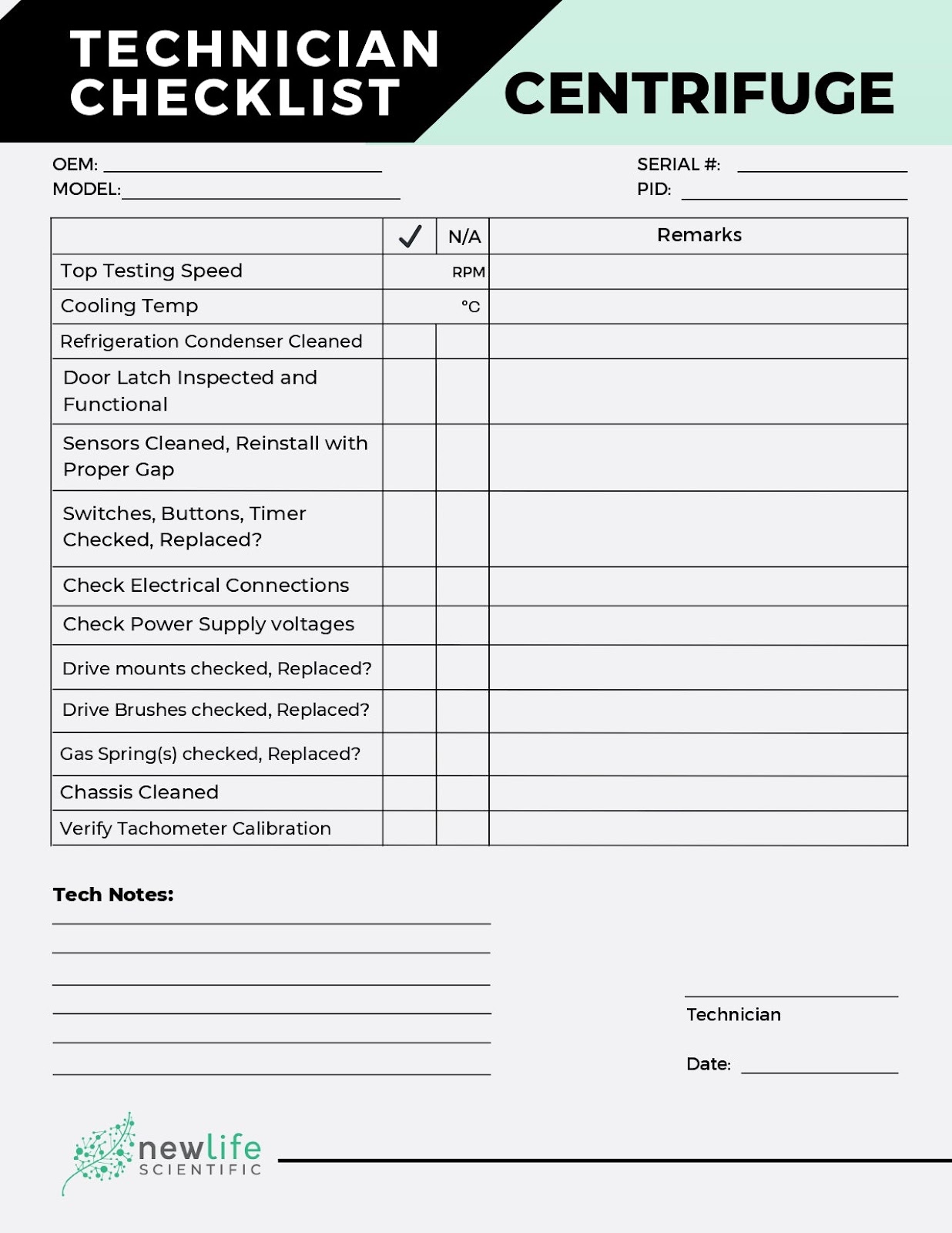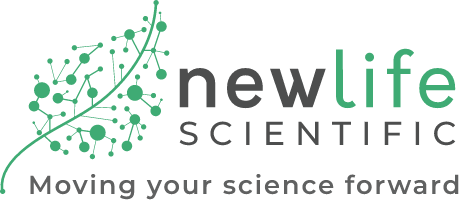The Thermo Sorvall BIOS A has the ability to separate all types of samples while maintaining precise temperatures during extended runs. Its powerful drive system can process large volumes with accurate, consistent results every time. This reliable centrifuge is perfect for demanding lab environments, offering user-friendly controls alongside the capabilities you expect from a high-performance instrument.
Several features that make the Thermo Sorvall BIOS A stand out from other models include:
Our Testing Process
1. Centrifuge technician pre-tests the unit’s (1) speed sometimes to maximum speed for a few minutes, (2) refrigeration (if equipped), (3) spinning if they spin up and spin down properly, (4) checks the buttons, switches, timers if they are all working. Necessary parts for repair are ordered.
2. Once any parts come in for the unit, or they’re working, the centrifuge technician performs any necessary repairs.
3. The centrifuge technician runs the unit to maximum RPMs for a minimum of 1 hour while observing the refrigeration performance (if applicable). During this step, loud/unusual noises, smells, and extra heat build up are observed.
4. The centrifuge technician also observes the proper performance of sensors like temperature, vacuum (if equipped), rotor sensors, tach sensors, latch sensors, etc.
5. After a full hour run, the centrifuge technician takes a photo of the centrifuge display to be shown in the listing photos on New Life Scientific’s e-commerce platforms.
6. The centrifuge technician then does a thorough look over throughout the centrifuge to identify anything that is missing, loose, or damaged. The centrifuge technician follows New Life Scientific’s Centrifuge Technician Checklist at this time to make sure everything is checked accordingly.
7. The refrigeration condenser and chassis cleaned are both handled by blowing out the unit with compressed air or dry ice blasting.
8. Sensors are cleaned and/or re-installed with proper gap. Electrical connections are latched and tightened down properly.
9. Drive mounts, drive brushes, gas springs are checked and replaced, if necessary.
10. The centrifuge is then cleaned and if needed, painted as well, to make sure the unit comes out as standard as we can.
NLS' Standard BIOS A Refrigerated Floor Centrifuge Upgrades and Accessories
• Rotor
• Rotor buckets
• Rotor buckets adapters
• Power cable
• 90-Day to 1-Year Warranty
Our Centrifuge Technician Checklist
At New Life Scientific, our technicians test each device thoroughly before shipping to verify performance and functionality. After our centrifuge technician finishes the initial testing process, this Centrifuge Technician Checklist is filled out to record the important information gathered throughout the repair process. This checklist will be available publicly after the unit has undergone tech completion.

Thermo Sorvall BIOS A Low-Speed Refrigerated Floor Centrifuge Applications
The Thermo Sorvall BIOS A centrifuge works well for various applications across a broad industry range, including:
• Cell Biology and Biochemistry - The centrifuge is commonly used for harvesting cells from cultures in bioprocessing, cell culture studies, and in research applications. It aids in separating proteins from other cellular components in studies related to biochemistry. It also helps isolate and concentrate RNA or DNA from biological samples.
• Clinical and Diagnostic Applications - Widely used in clinical labs to process blood samples, separate plasma, serum, and blood cells for diagnostic testing. It is also used to separate and concentrate cells or particulate matter from urine and other bodily fluids.
• Bacterial and Yeast Cell Separation - In microbiology labs, the BIOS A centrifuge is used for separating bacterial or yeast cells from culture media for further analysis or storage.
• Environmental and Analytical Applications - It aids in the concentration of samples for monitoring environmental contaminants such • as heavy metals, pesticides, or pollutants in air and water samples.
• Cell Culture Harvesting - The centrifuge is used in the production of biopharmaceuticals where large-scale cell cultures need to be processed for the extractions of proteins, vaccines, or other therapeutic products.
• Research Applications - In labs that require the processing of large sample volumes, the BIOS A centrifuge is ideal for high-throughput applications, such as drug development or genomics research.
• Toxicology Analysis - The centrifuge can be used in forensic labs to process biological fluids (such as blood, urine, or tissue samples) for toxicology testing, helping to identify drugs, toxins, or other substances.
Contact New Life Scientific Today for Additional Information
Our team can help you decide whether the BIOS A’s capacity and features align with your processing needs. Contact us today if you have questions or need additional specifications. You may also:
• Live chat with us by clicking on the icon at the lower right of your screen.
• Email us at cs@newlifescientific.com
• Call us at (567)-210-2838


















